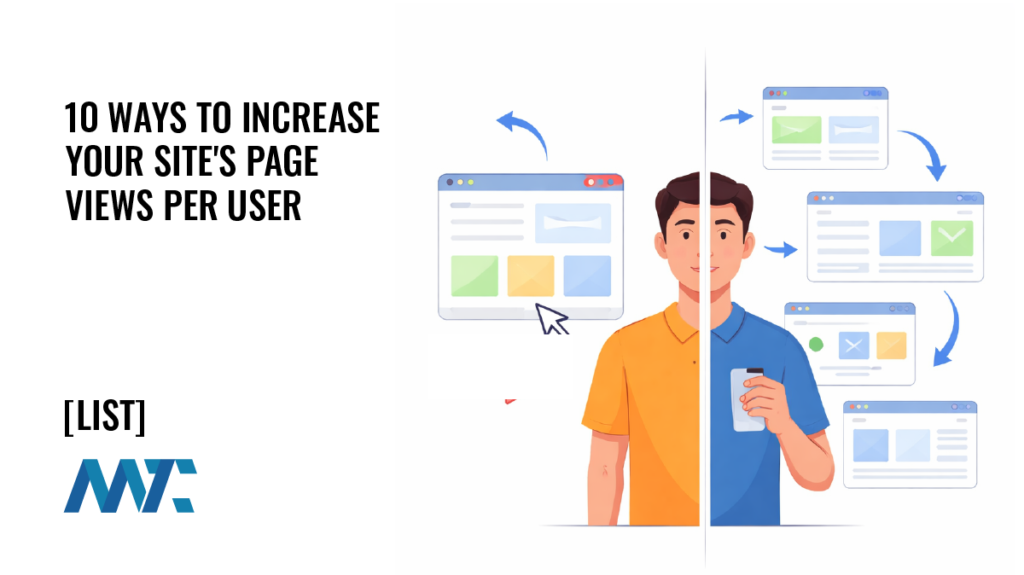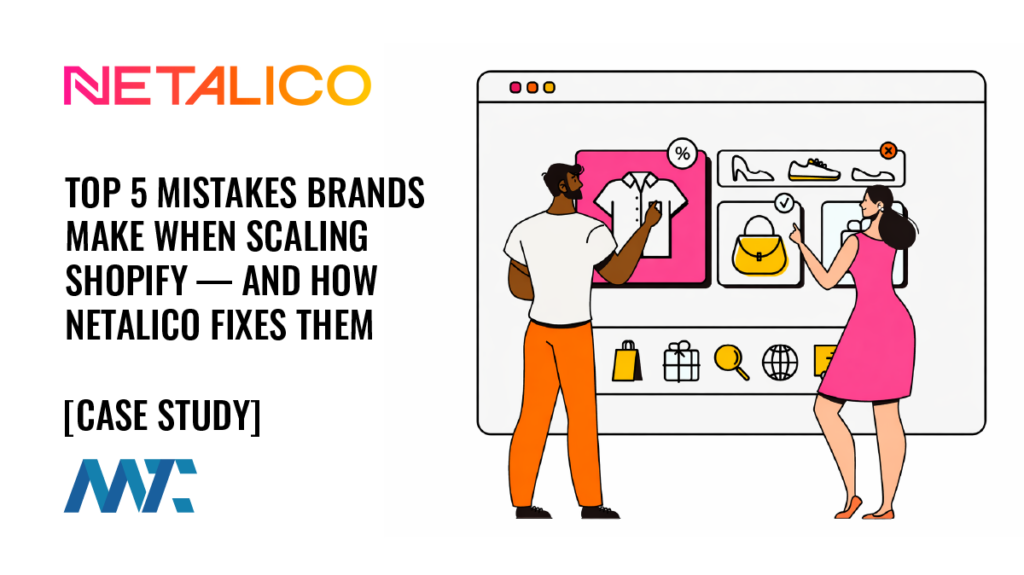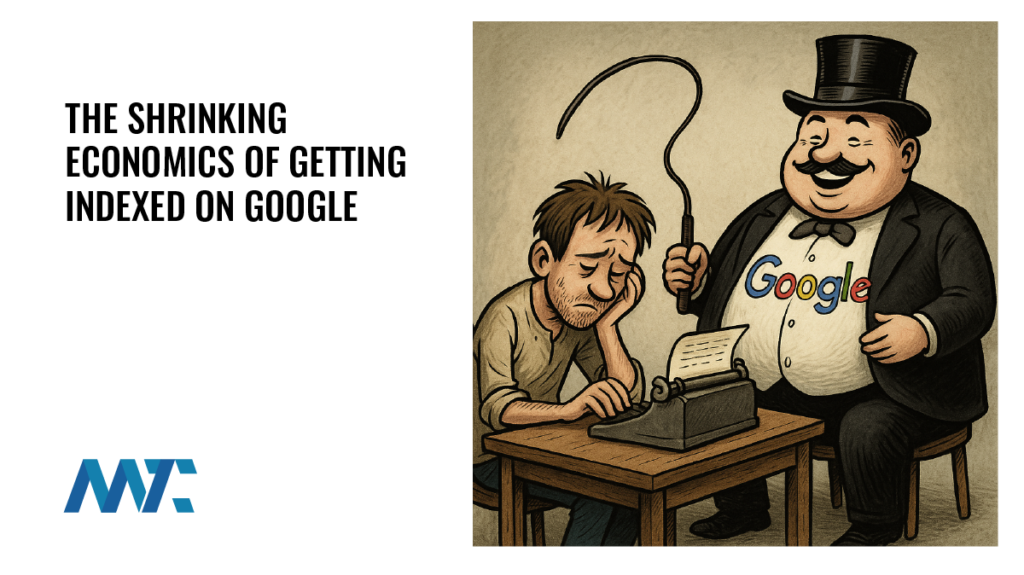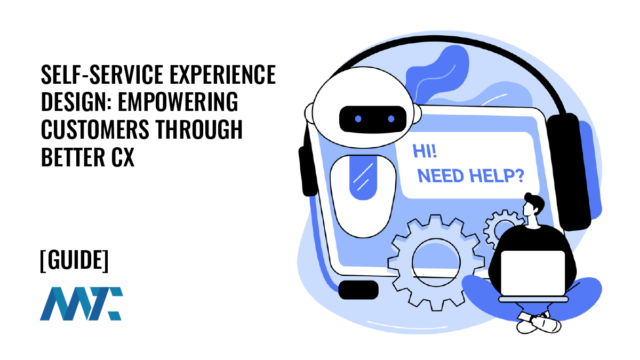Is Your Bloated B2B Website Disqualifying Leads?

A B2B website should absolutely demonstrate expertise and authority, but this purpose is secondary to its real job: capturing and qualifying leads. When a site becomes dense, disorganized, or overwhelming, the expertise that was meant to build trust instead creates friction. Visitors are forced to work too hard to understand what you do, where to go, or how to take action. The more they struggle, the more likely they are to disqualify themselves—not because they’re a poor fit, but because the experience feels confusing, inaccessible, or unnecessarily complex.
Ironically, most B2B websites don’t start this way. They begin clean and purposeful. But as organizations grow, they add new sections, new navigation paths, new landing pages, expanded product descriptions, resource archives, campaign content, and overlapping layers of messaging. Rarely does anyone revisit what already exists. Over time, addition without refinement produces a sprawling digital ecosystem that repels the customers it’s meant to attract.
Table of Contents
When Expertise Turns Into Exhaustion
Demonstrating expertise is essential for B2B credibility, but there is a tipping point where depth becomes overkill. When every idea spawns multiple pages, when explanations grow too long or too technical, or when visitors encounter more content than they can process, expertise becomes exhausting.
Decision-makers arrive with a single question: Can you solve my problem?
If they must navigate dozens of pages to answer it, they lose momentum. Cognitive overload sets in. The visitor begins to assume the product is complicated, the services unclear, or the company unfocused. The result is often a quiet exit for a visitor who might otherwise have been an ideal lead.
Speed and Stability Shape First Impressions Instantly
Page speed and loading stability now act as early indicators of vendor quality. A slow, jittery, or visually unstable site signals inefficiency. Heavy frameworks, large media files, unnecessary scripts, and years of additive content bloat create the performance problems that cost conversions long before a visitor reaches your message.
Modern B2B buyers—especially on corporate networks—have limited patience. If a site doesn’t load quickly or shifts content around during rendering, it communicates operational sluggishness long before any sales conversation begins.
Navigation Should Be Built for Buyers, Not Internal Teams
B2B navigation frequently mirrors internal structure rather than customer needs. Departments ask for visibility, executives want their initiatives highlighted, and teams insist on separate sections for every product, capability, or industry. What emerges is a menu designed for internal politics—not user intent.
Buyers, however, want the opposite. They want simplicity, clarity, and the shortest possible path to a solution. When faced with overlapping sections—Solutions, Products, Platform, Capabilities, and Industries—they often choose none of them. The friction is too high. They fear they’ll click into the wrong path or waste time. And a hesitant visitor rarely converts.
Streamlined navigation isn’t about limiting information; it’s about orchestrating it so buyers never feel lost.
Messaging Should Clarify the Path Forward
As companies evolve, their messaging evolves with them. But instead of replacing old messaging, they layer on new versions—new taglines, campaign themes, value propositions, and positioning statements. Visitors encounter multiple interpretations of the same idea across pages, creating ambiguity rather than clarity.
When messaging is clear, buyers see themselves immediately. When messaging is cluttered or inconsistent, buyers are forced to interpret meaning. That act alone increases drop-off. If a visitor can’t articulate what you do or why you matter within ten seconds, no amount of long-form content will save the experience.
Calls to Action Should Match the Visitor’s Purpose
A common reason B2B visitors abandon a site isn’t a lack of CTAs—it’s the wrong CTAs. When every page pushes the same high-commitment action, such as Talk to Sales, visitors who aren’t ready feel cornered. When CTAs multiply into a list of vague options, visitors feel uncertain about what to do next. Both scenarios create friction that slows or stops the buying journey.
Calls to action work best when they map cleanly to the two dominant visitor intentions: taking action now or continuing research. High-intent visitors want a direct next step—sign up for a free trial, schedule a demo, request a quote, or start onboarding. Low-intent or early-stage visitors want clarity and space—an opportunity to explore more information, compare solutions, validate your expertise, or learn about outcomes without pressure. When both groups see paths designed for them, conversions rise because the experience respects intent.
This is why every B2B site should maintain a balanced CTA approach. For the action-ready visitor, there should be a clear, prominent, and conspicuous option at all times. For the research-oriented visitor, a secondary CTA—often to download a guide or explore a solution overview. Most prospects enter this research stage, making an accessible, straightforward contact form one of the most valuable tools on the entire site.
The goal is not to provide more CTAs but to provide the right CTAs: one that accelerates momentum for those ready to engage, and one that guides everyone else deeper into the journey without forcing a premature decision.
Lead Forms Should Invite, Not Intimidate
When a visitor finally reaches a conversion opportunity, many sites undo all progress with an overly complex form. Lengthy fields, unusual questions, multiple steps, and unnecessary details signal friction and a lack of commitment. They suggest a long sales cycle, a heavy qualification process, or internal hoops that the prospect doesn’t want to jump through.
Shorter forms convert better because they feel safe, fast, and approachable. Qualification should happen after the form through automation, CRM enrichment, and sales processes—not during it. A form should open the door, not force a prospect to defend their worthiness to enter.
Metadata and Structured Data Now Define Visibility and Clarity
Search results have become a critical part of the buyer journey. Today’s prospects often begin with zero-click behavior—reading AIOs, scanning snippets, FAQs, service descriptions, events, and summaries that appear directly in search results. Metadata and structured data are no longer optional; they determine whether your site is displayed accurately, understood, and selected.
Metadata, including titles and descriptions, must be concise, accurate, and aligned with buyer intent. Structured data—including Organization, Product/Service, Article, FAQ, How-To, and event markup—helps search engines understand your business, surface the most relevant information, and present it cleanly in rich results. This gives prospects clarity about what you offer before they ever reach your site, reducing the chance they land on an irrelevant page and bounce.
Without structured data, machine learning algorithms are forced to infer. And that inference often buries or misrepresents your best content, causing even more self-disqualification before the buyer ever sees your expertise.
The Cost of Never Removing Anything
The most significant cause of B2B site bloat is the habit of adding without refining. Pages accumulate. Messages overlap. Navigation expands. Scripts multiply. Content ages but remains live, creating contradictions, outdated claims, and irrelevant pathways.
Very few organizations prune. Even fewer consolidate. Yet refinement—not expansion—is what keeps a site clean, fast, focused, and aligned with how buyers make decisions.
- A streamlined B2B website:
- Builds expert credibility without overwhelming
- Clearly guides prospects through a buyer-friendly path
- Speeds up evaluation and qualification
- Reduces friction at every stage
- Loads faster and performs better
- Surfaces rich, meaningful information directly in search results
- Helps the right leads see themselves in your offering
Visitors rarely say, This website has too much information, but they feel it—and they leave. A leaner, more intentional B2B website often doesn’t require more content, but less. Not less expertise, but less clutter between the prospect and their next step.
If the goal is to capture and qualify leads, the most impactful change many businesses can make is not adding another page—but finally deciding what to remove.







